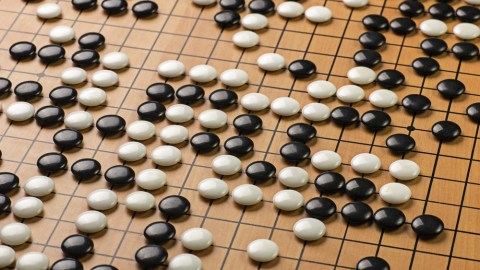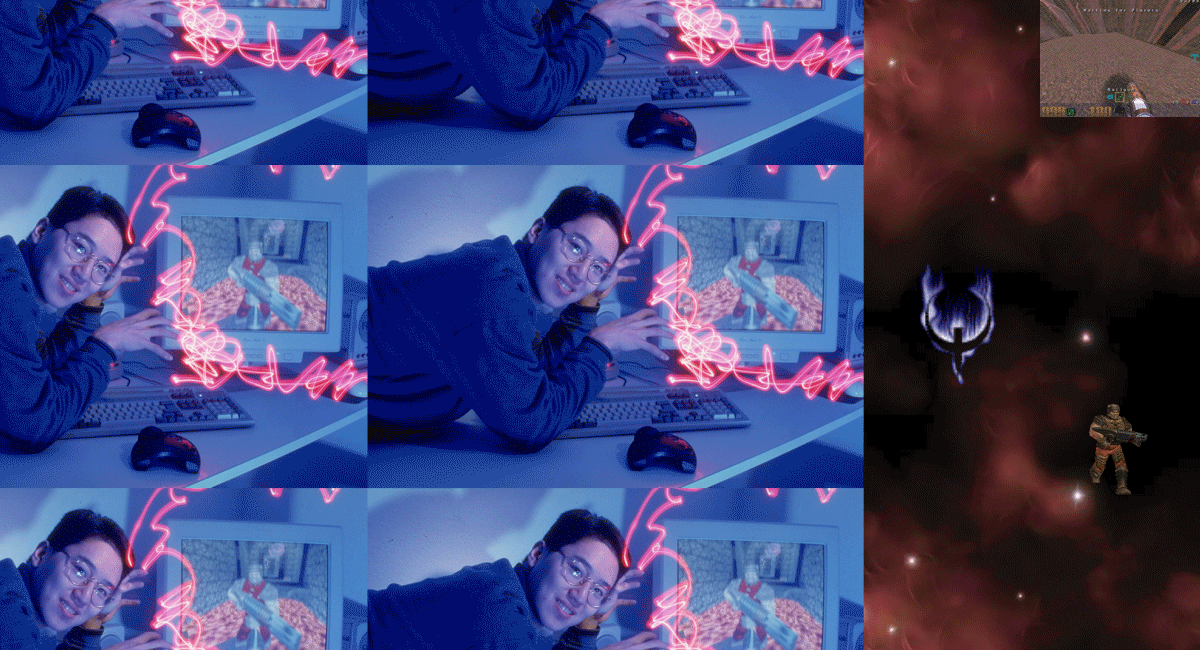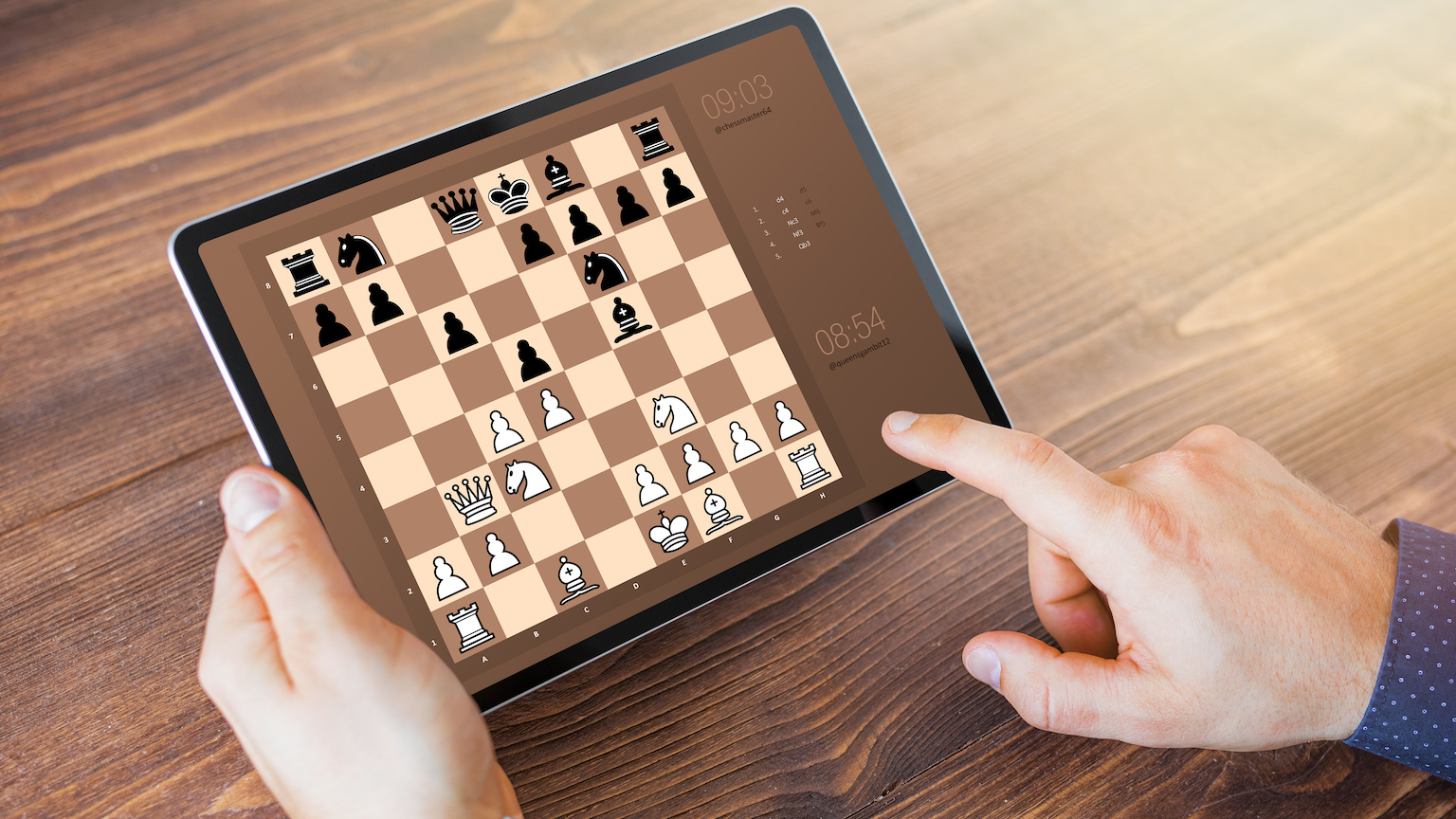Humans Still Rule Computers at the Game of Go

What’s the Latest?
For the all the hullabaloo that accompanied Deep Blue’s famous triumph over Russian chess grandmaster Gary Kasparov, there remains a strategy game at which humans remain undefeated. The reason is that Go is a vastly more complex game than chess. In chess, Black and White have twenty possible moves each. After the opening moves, there are 400 possible board positions. In Go, Black and White begin with 361 possible moves, and after the opening exchange there are 129,960 possible board positions. The rate at which available moves increase is called a game’s “branching factor.” Chess’s branching factor is 35. Go’s is 250.
What’s the Big Idea?
Experts predict that computer dominance in Go remains at least 10 years out, mostly because the moves of top professionals become far less predictable as the game progresses. Still, even once a computer does defeat a human player, human intelligence will still reign as such. “In fact, computers can’t ‘win’ at anything,” argues Wired’s Alan Levinovitz, “not until they can experience real joy in victory and sadness in defeat, a programming challenge that makes Go look like tic-tac-toe. Computer Go matches aren’t the brain’s last stand. Rather, they help show just how far machines have to go before achieving something akin to true human intelligence.”





